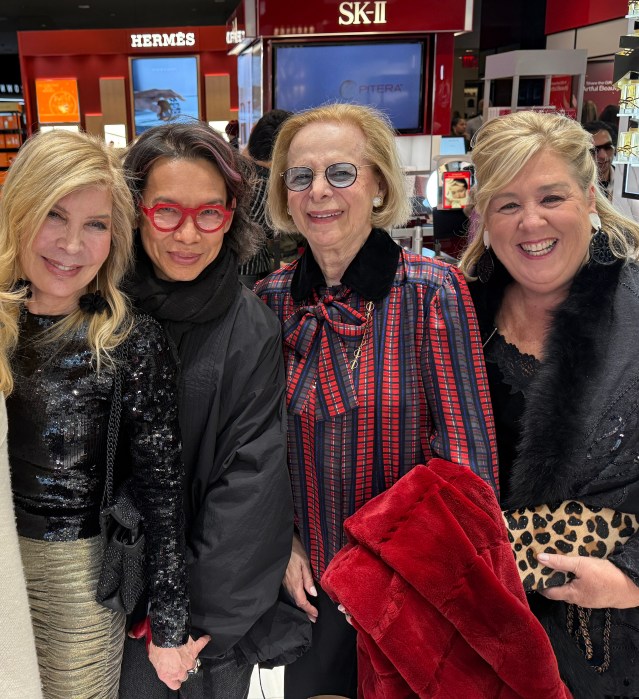The first track on Margo Price’s debut solo album, “Midwest Farmer’s Daughter” is basically the story of her life.
The song, “Hands of Time,” recounts a hard luck tale that would seem too over-the-top to be true if it hadn’t actually happened to her. Over the course of six minutes, her family loses their farm, she struggles with bad relationships, and loses her first-born child.
The rest of the album deals with similarly dark themes — from a jail stint to unscrupulous managers to alcohol abuse. Yet the album also shows Price’s determination, honed over years of struggling in Nashville clubs before Jack White discovered her and signed her to his label. amNewYork talked with Price.
How did channeling these stories into your songs help you?
I felt like I was at a standstill for a while. Nothing was working personally or in my career. … It was definitely a therapeutic thing. I needed it.
Why was now the right time to write these songs?
I touched on it in other ways in my other projects, but everything was just a metaphor. I wasn’t just writing in plain-speak. I didn’t really mean to, but this ended up being a concept album with the songs being different little chapters of my life.
The jail experience you describe in “The Weekender” seems like a turning point in your life.
It could have happened so many other times. There were so many times I drove and was in no condition to do so. At that point, it was such a wakeup call. I had a son at home and realized I needed to get help and work through some of my issues. There was no Uber at the time. I tried to call a cab and the cab never came. Had there been another way to get home, I would have taken it. I stupidly got behind the wheel and made a bad decision. It definitely was a turning point. It had to be.
Did you ever wonder if a break like this would come?
I had kind of thought I was destined to never have success. I felt like it wasn’t a possibility because it had gone on for so long. I knew I could sing and I gave my all every time I got onstage. … It was always something that I thought would happen posthumously. I thought maybe after I die I would find success, like Townes Van Zandt, Karen Dalton … or Van Gogh (laughs).

























